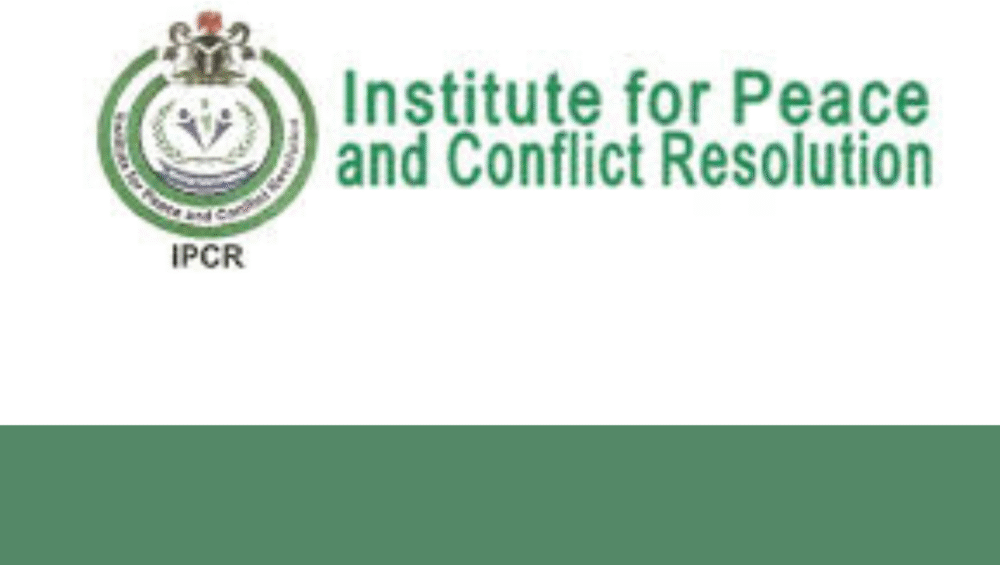The Institute for Peace and Conflict Resolution (IPCR) has raised alarm over the escalating role of climate change in fueling armed conflicts and mass displacement across Nigeria and the wider Sahel region.
Speaking during a high-level seminar in Abuja on Wednesday, IPCR Director-General Dr. Joseph Ochogwu described the environmental crisis as a direct threat to peace and stability, calling for urgent, coordinated action.
“Shrinking water sources, desertification, and loss of grazing lands are turning communities against each other, particularly in areas with weak governance,” he said. He stressed that climate change is no longer a distant threat but a present destabiliser, deepening insecurity and worsening humanitarian conditions, especially in Nigeria’s northern regions.
The seminar, themed “Climate Change, Armed Conflicts, and Internal Displacements in the Sahel Region,” marked IPCR’s 25th anniversary and was supported by Friedrich Ebert Stiftung. It brought together regional experts, civil society, and government representatives.
Ochogwu noted that environmental degradation is accelerating displacement, with millions forced from their homes in the Northeast, North-Central, and Northwest due to the twin crises of ecological collapse and violent extremism. He urged a shift from reactive to preventive responses, emphasizing conflict-sensitive, inclusive, and forward-looking policies.
“Peacebuilding efforts must integrate climate resilience, social inclusion, and regional cooperation,” he added, calling for the empowerment of youth and women, early warning systems, and climate-smart livelihoods as part of a sustainable peace strategy.
In his keynote address, former UN diplomat Ambassador Usman Sarki echoed the call for holistic responses to the Sahel’s worsening crisis. He warned of increasing instability and urged actionable outcomes from the seminar.
“This is a moment to go beyond theory,” Sarki said. “Stabilisation requires inclusive governance, food security, and coordinated climate responses.”
The seminar also aligned with President Bola Tinubu’s eight-point agenda and Nigeria’s “4D” foreign policy—Democracy, Development, Demography, and Diaspora—as guiding principles for addressing the complex intersection of climate change, conflict, and displacement.





